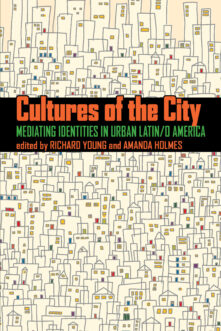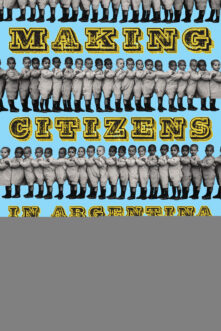Search Results
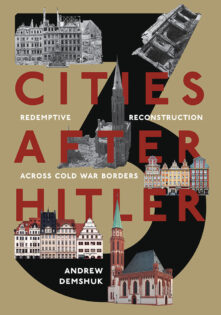

Three Cities After Hitler
Redemptive Reconstruction Across Cold War Borders
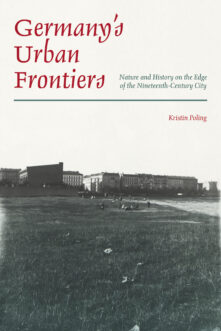

Germany’s Urban Frontiers
Nature and History on the Edge of the Nineteenth-Century City
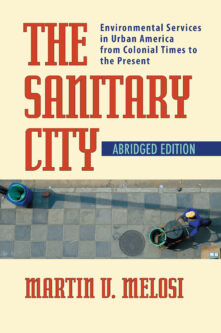

The Sanitary City
Environmental Services in Urban America from Colonial Times to the Present
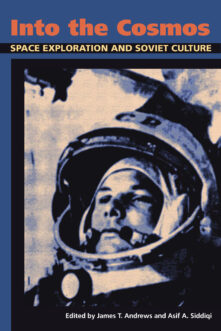

Into the Cosmos
Space Exploration and Soviet Culture
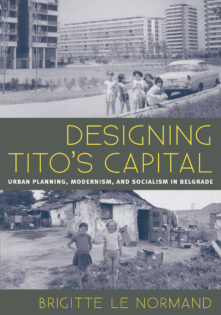

Designing Tito’s Capital
Urban Planning, Modernism, and Socialism in Belgrade
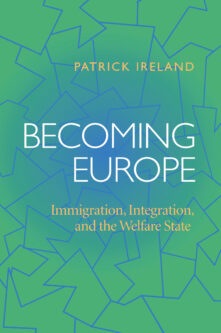

Becoming Europe
Immigration Integration And The Welfare State
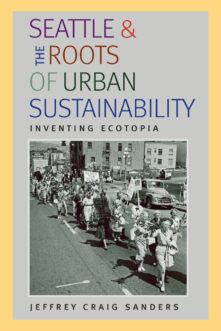

Seattle and the Roots of Urban Sustainability
Inventing Ecotopia
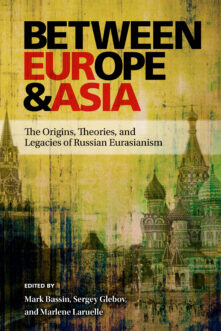

Between Europe and Asia
The Origins, Theories, and Legacies of Russian Eurasianism
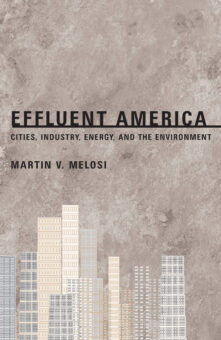

Effluent America
Cities, Industry, Energy, and the Environment
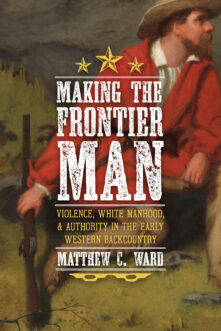

Making the Frontier Man
Violence, White Manhood, and Authority in the Early Western Backcountry
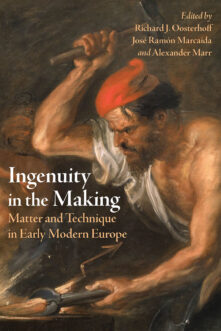

Ingenuity in the Making
Matter and Technique in Early Modern Europe
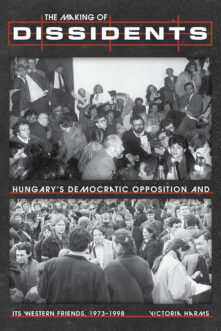

The Making of Dissidents
Hungary’s Democratic Opposition and its Western Friends, 1973-1998
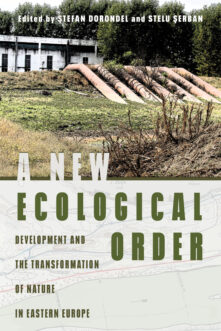

A New Ecological Order
Development and the Transformation of Nature in Eastern Europe
Your search for "Urban Rivers : Re-making Rivers, Cities and Space in Europe and North America" returned 606 results


